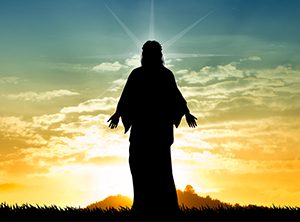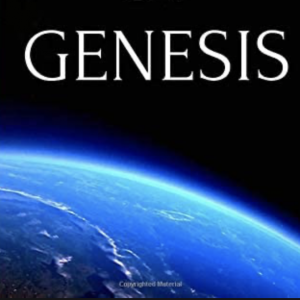What Happens After You Enroll:
You will receive a follow up e-mail to your enrollment/course purchase with immediate download links. If you have questions text/call our office at 417.593.9802). Be sure to check your spam folder, etc., in the event the orientation e-mail sent lands outside your inbox.
God bless you! It is our privilege to train you to hear the Father’s voice!





